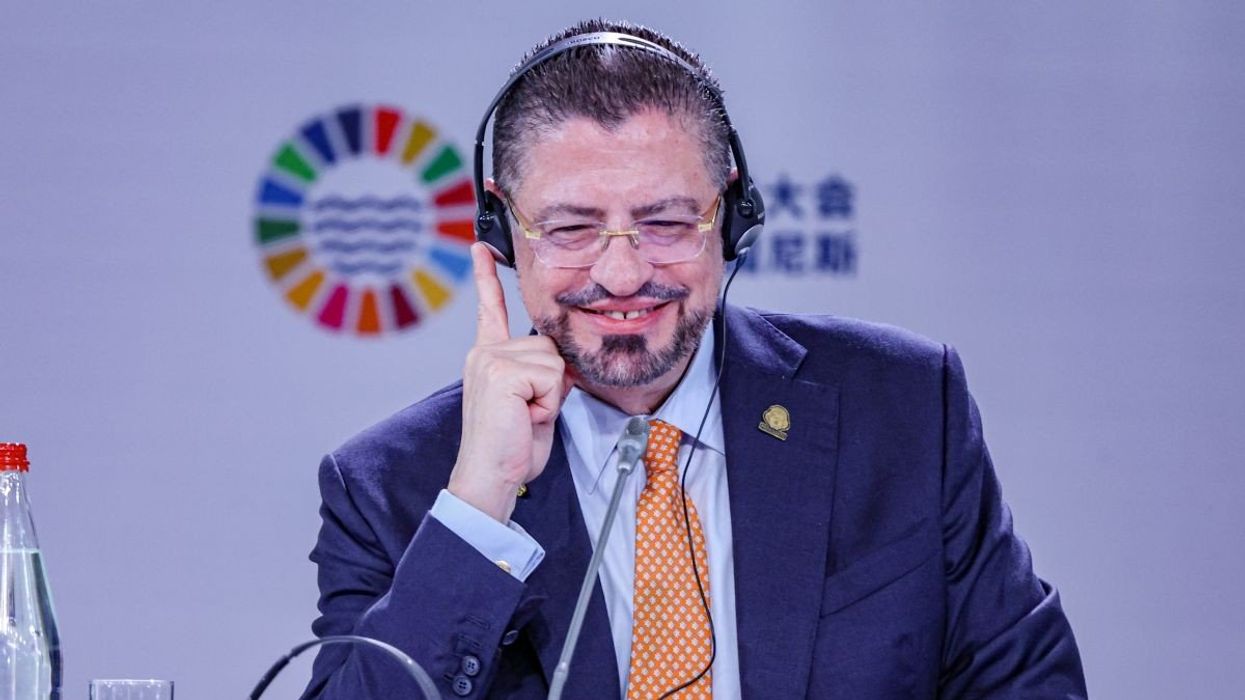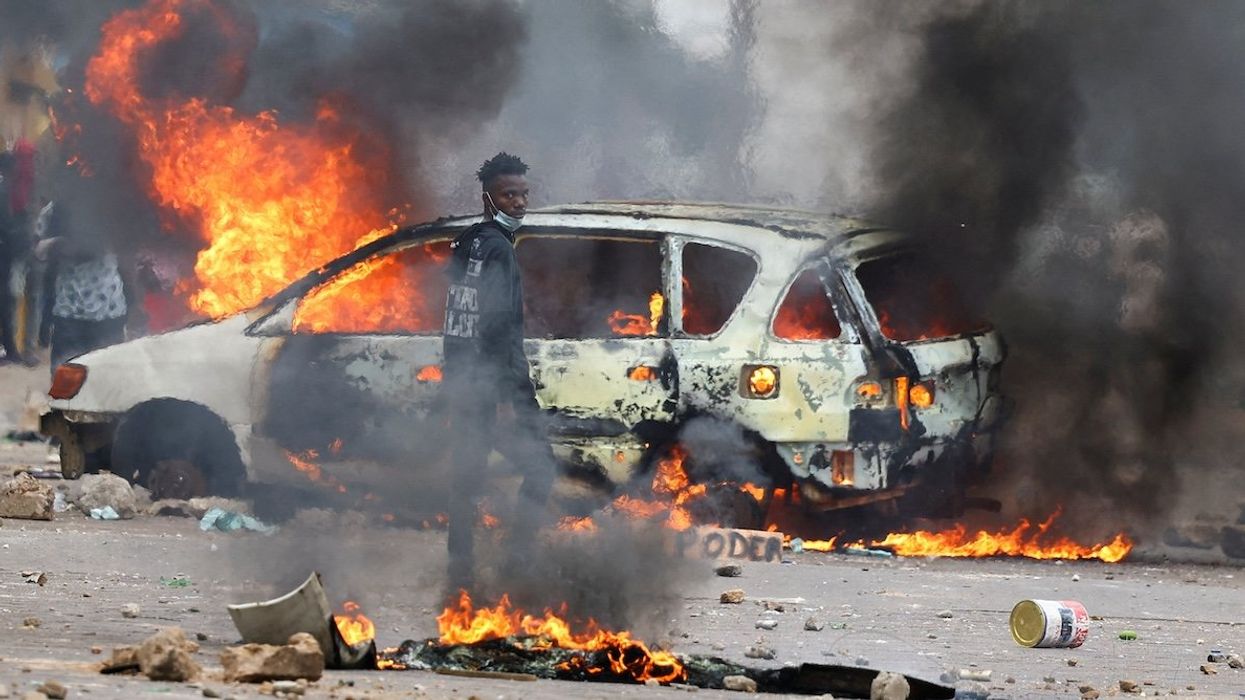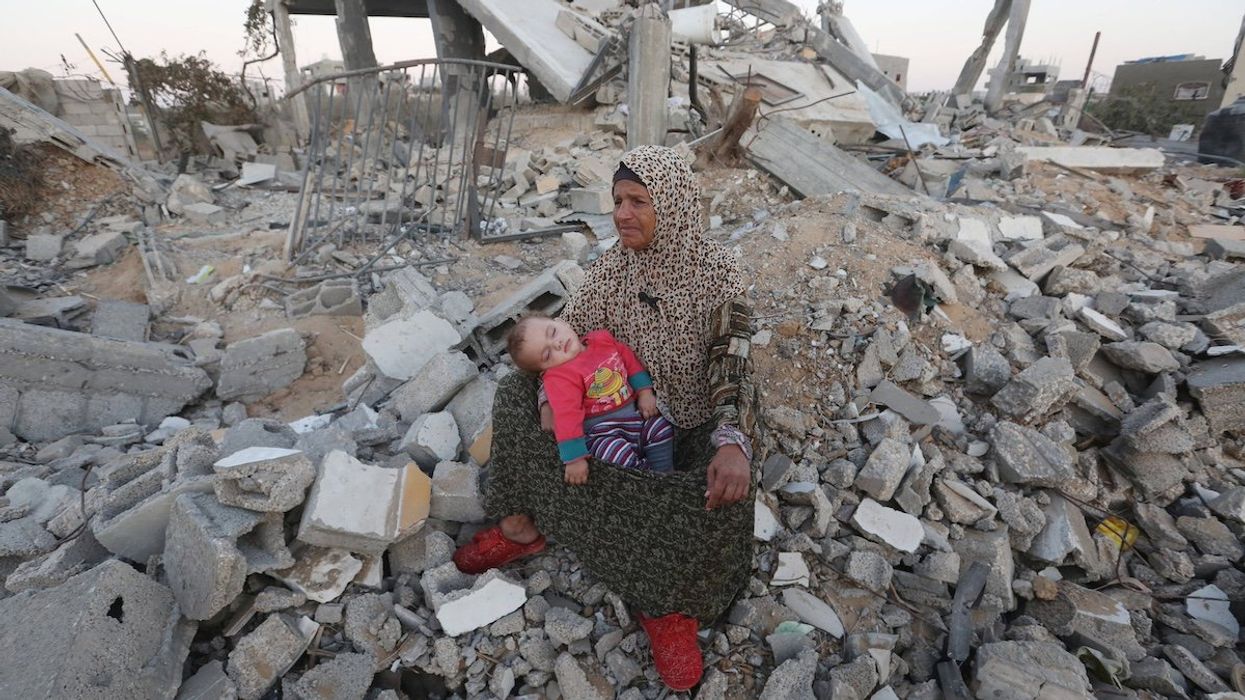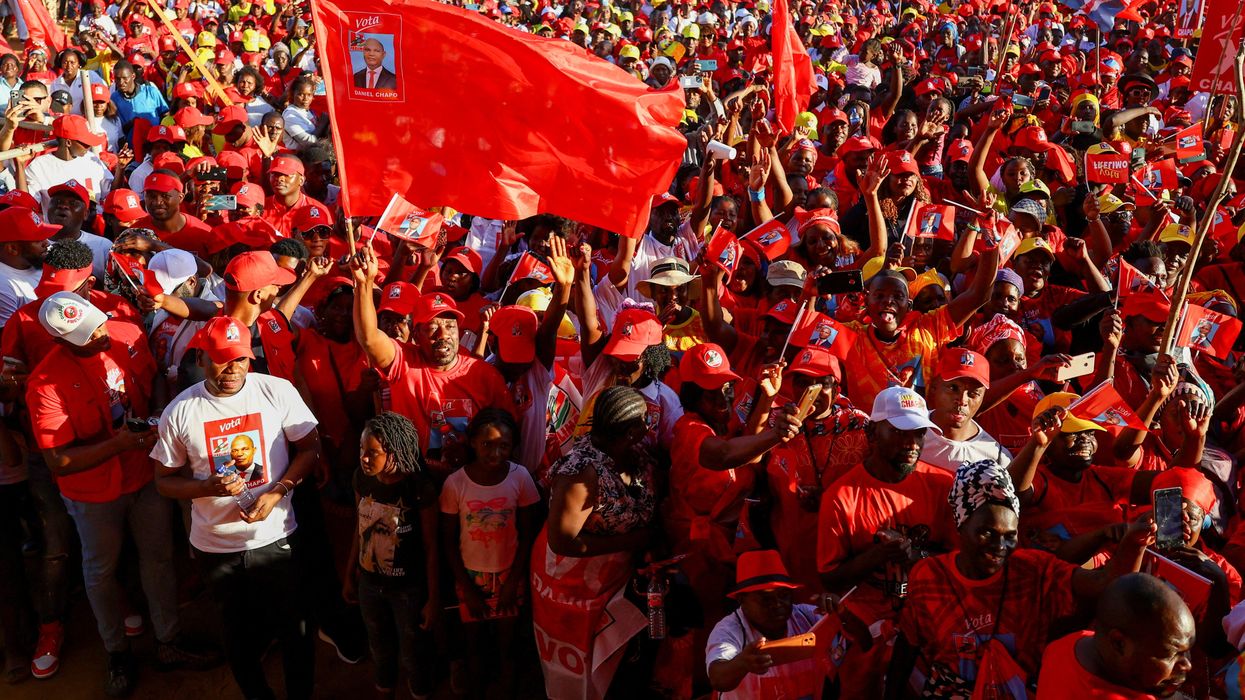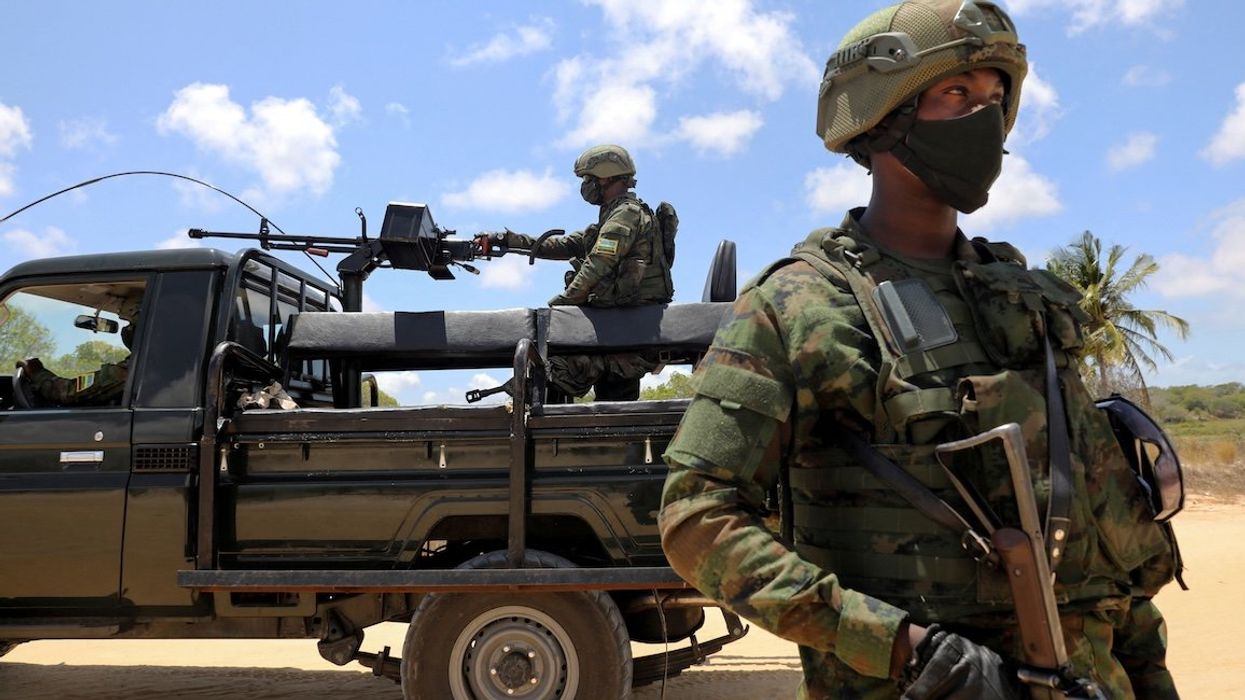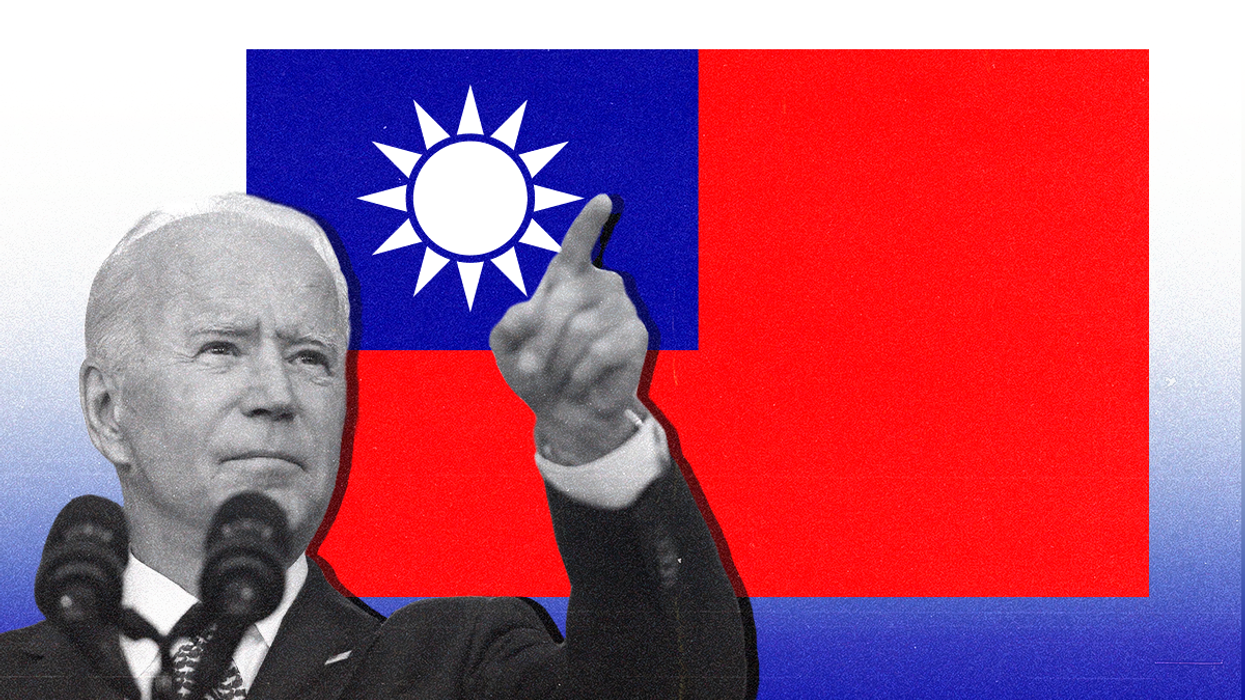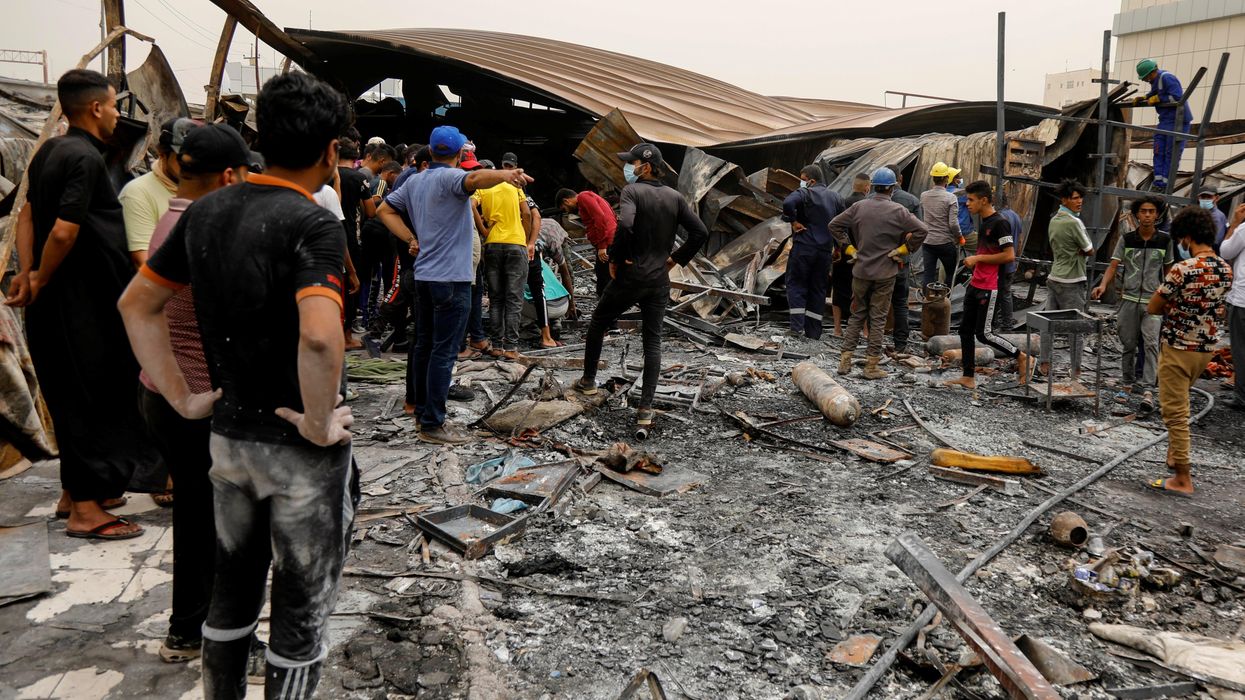Hard Numbers
Hard numbers: Widespread flooding in southern Africa, White House and Senate appear to strike funding deal, Ukraine’s nuclear reactors at risk, Venezuela to open up oil reserves
392,000: The estimated number of people displaced across Mozambique by recent rain-induced floods. Severe flooding in the southern African nation, as well as in South Africa and Zimbabwe, has killed over 100 people.
Jan 30, 2026

